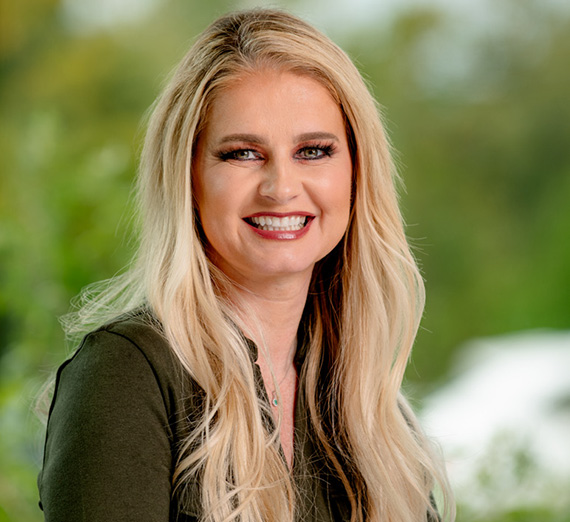The Unseen Dangers of New Parental Rights Legislation: A Threat to Youth Health

In recent years, legislative initiatives purporting to protect parental rights have been gaining traction across various regions. Initiative Measure No. 2081, now working its way through the Washington State Legislature, would mandate eased access to a range of school materials, like textbooks, curriculum, and medical records. While advocates contend that broadening the roles of parents and governments in the classroom can benefit children, compelling evidence underscores the likelihood of adverse consequences.
“Parental rights” bills (legislative initiatives that aim to assert and protect the rights of parents in matters related to their children's education, healthcare, and upbringing) and “divisive concept” bills (legislative and executive actions that seek to restrict teaching, professional learning, and student learning in K–12 schools and higher education regarding race, gender, sexuality, and U.S. history) are on the rise.
According to Sex Ed for Social Change (SEICUS), there was a 413% increase from 2021 to 2022 in the number of “divisive concept” bills filed in state legislatures. Many of the 2023 parent’s right bills focused on gender and sexuality.
Recent related national legislation signed into law includes:
- 6 states have passed “Don’t Say LGBTQ+” bills that censor or ban curriculum that discusses sexual orientation and/or gender identity.
- 10 states passed “bathroom bills” that ban transgender k-12 students from using bathrooms and locker rooms that align with their gender identity
- 23 states passed “sports bans” that heavily regulate or ban transgender students from participating in sports that align with their gender identity
- 6 states passed “forced outing” bill that require school staff and teachers to disclose to parents that students are using different names, dress, and pronouns; even if doing so would risk harm to the child.
Some of these measures, often framed as protecting traditional values, can inadvertently foster an environment that jeopardizes the health of lesbian, gay, bisexual, transgender, and questioning (LGBTQ+) youth.
Should it become law, I 2081 would establish a "parents' bill of rights," detailing various parental entitlements to records and the ability to remove their children from various lessons and activities, particularly in the realm of sexuality education and other deemed "divisive topics."
Every child deserves access to quality education and tools that prepare them to stay safe in the world in which they live. Though parents already can opt their children out of named sexuality education curriculum, this initiative expands topics and instructional methods that fall under "parental veto” and includes expanded access records relating to student files and mental health counseling.
Unfortunately, many children may find it unsafe to openly share and discuss issues related to mental health and sexuality with their parents due to prevailing societal stigmas. Unhindered access to comprehensive sexuality education and confidentiality in mental health disclosures may be critical in ensuring the safety of some youth, particularly those who identify as LGBTQ+.
The Center for Disease Control and Prevention (CDC) reports:
- LGBQ+ youth consistently report higher rates of bullying, being threatened or injured with a weapon, and dating violence. They are also more likely to miss school because of safety concerns.
- 22% of LGBTQ+ youth reported facing sexual violence in the past year.
- In 2021, 69% of LGBQ+ youth reported feeling persistently sad and hopeless. For heterosexual youth, that figure was 35%.
Access to quality, comprehensive sexuality education (CSE) contributes to an improved understanding of gender diversity and healthy relationships among all students, lowering rates of homophobia and reducing rates of homophobic bullying in schools. Despite these benefits, many youths who would greatly benefit from CSE are denied access due to ideological divides and restrictive policies, driven by misconceptions and moral objections. Coupling that with limiting confidential access to mental health services will further amplify these issues.
While new parental rights legislation may be framed as protecting traditional values, it is essential to critically assess the unintended consequences that may harm the health of LGBTQ+ youth.
[Editor's note: This piece was originally published in the Spokesman-Review newspaper.]
